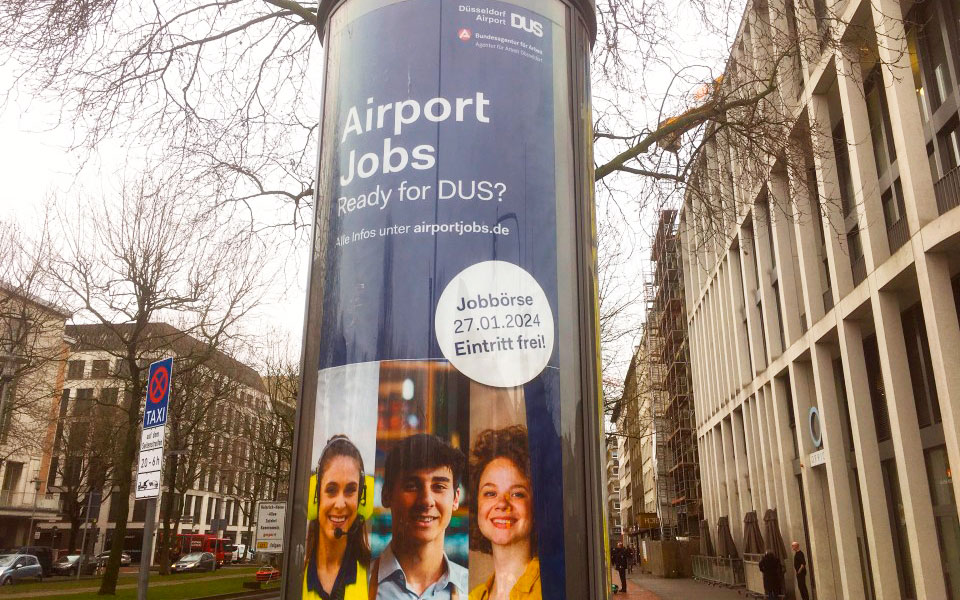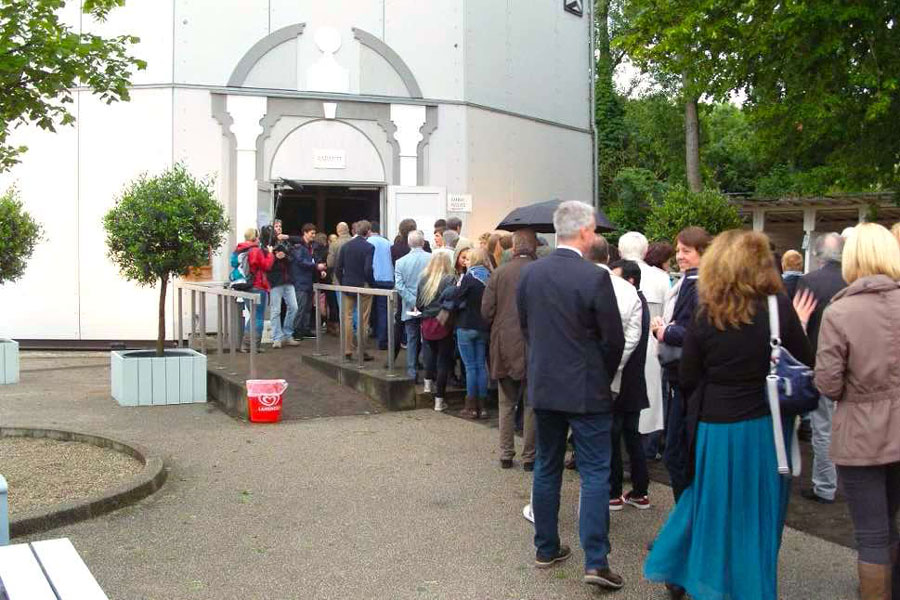Following reflection upon Finland, a look at Germany is next, where the lack of trained staff is known as “Fachkräftemangel”. The phenomenon is ever-present and has been so for a very long time.
Viewing more specifically North Rhine Westphalia, the state capital Düsseldorf boasts its cosy 650,000 residents. A powerful economy belongs to the neighbouring Ruhr Metropolis, an area with some five million people. Vastly different, yet both require far more staff than the national labour pool can offer.
Many years ago, I attended a speech held by the Italian Ambassador in the Industrie-Club, home to a large number of venerable members. I quote him loosely but he stated that the Germans love the Italians but don’t respect them. The Italians, on the other hand, respect the Germans but don’t love them.
Could this sentiment play a role in too few professional staff relocating from abroad? Or are other characteristics at play? Germans have always been renowned for their dedication to work. Yet they were not considered the most jovial nor friendliest of nationals. The rise of politics to the far right may be of concern to some looking to relocate but pushback from society is also strong.
The country and its folk have changed much over recent decades. I personally can vouch for a more diverse cultural landscape and heightened “laissez faire”. Although somewhat lacklustre, the globe’s third largest economy remains strong and quality of life is generally high. Especially for expat residents.
I was able to learn rudimentary language skills after three months and speak proficiently within a year, so I consider German fairly easy to learn. The weather is nothing to write home about but is normally far from extreme. And the country is ideally located to visit dozens of other nations with ease.
Internationally operating local corporations and highly successful, family owned businesses are widespread as are those in foreign ownership, be it the US, UK and EU, China, Korea, India, Japan or elsewhere. These big players are experienced in employing international talent. Others are less so.
Could it be that company leaders are reluctant to hire from overseas due to a perceived disruptive effect upon customary staffing traditions? Is it the language barrier, culture or more? Is there a reluctance to recruit in case the new employee or possibly their family fail to integrate and feel at home in their new place of residence? Or does the mere lack of experience create an element of fear-driven employment?
Cycling past an advert, I screeched to a halt. My feed on social media has been presenting me with similar job ads, causing me to wonder about the folly of demographics, geo-positioning and targeting options. But this was new to me. The airport in Düsseldorf is targeting passers by. A search for jobs online reveals, perhaps understandably, that non-German speakers have no initial options:
Düsseldorf Airport’s job platform offers a variety of job vacancies. Either for the Flughafen Düsseldorf GmbH itself or for companies that are located at the airport area. To search for job vacancies, internships or dual study programmes please click the links below. The button says “View German version” and a click revealed 18 positions at the time of writing.
The effect on business development and predictability through having positions filled is undeniable. Secondly, the influx of foreigners has long proven to be highly rewarding to so many. And I wish to help.
Meanwhile all success to the airport and its candidates. The job fair was held on February 27 2024 with free entry.
To be continued…
Sources: https://www.dus.com/en/corporation/jobs; https://www.dus.com/de-de/konzern/jobs/stellenangebote/flughafen-düsseldorf-gmbh.
#HR #humanresources #expat #expatriates #internationaltalent #düsseldorf #neuss #ruhr #amazingcapitalsview




